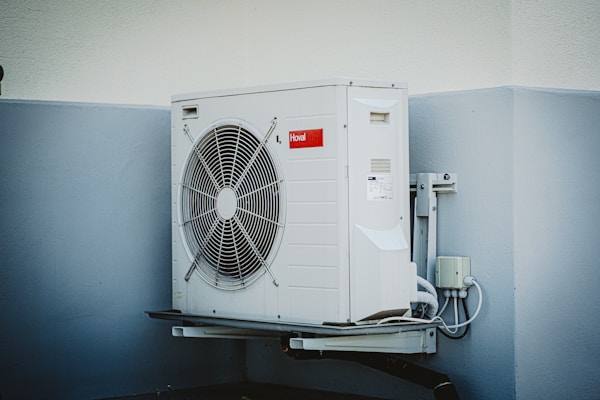A home warranty is a popular way for homeowners to protect themselves against costly repairs and ensure peace of mind when it comes to maintaining their homes. However, not all homeowners understand the ins and outs of these policies, which can lead to confusion and frustration during times of need. Below, we’ll explore the important aspects of home warranty plans to help you make informed decisions for your property’s protection.
The Basics of Home Warranty Plans

Home warranties are service contracts that cover the repair or replacement of major home systems such as the plumbing system, electrical system, and HVAC system. Warranties also cover major appliances like refrigerators, dishwashers, washers, and dryers in the event of a breakdown. These contracts typically last for one year and can be renewed annually. Home warranties are meant to provide homeowners with a sense of security, knowing that if their home systems break down, they won’t be on the hook for expensive repair bills.
While many homeowners often confuse home insurance and home warranties, they are not the same. Home insurance covers damages caused by external factors like fires, theft, or natural disasters, while a home warranty focuses on the everyday wear and tear of the home’s systems and appliances. This distinction is crucial when evaluating the types of protection you need for your property.
Home warranty plans can vary significantly in coverage and cost, depending on the plan that you choose. Some plans also provide optional coverage for items like pools, spas, and septic systems, giving you the flexibility to customize your protection to fit your needs.
Benefits of a Home Warranty Plan

One of the primary benefits of having a home warranty plan is the financial protection it provides. With a home warranty, you’ll be better prepared to cover the cost of repairing or replacing a broken system or appliance. Without a warranty in place, you could easily face unexpected repair expenses that put unnecessary stress on your household budget.
Another significant advantage of a home warranty is peace of mind. Knowing that your home’s systems and appliances are protected can help alleviate stress and anxiety associated with potential breakdowns. Additionally, with a home warranty in place, you have a safety net in case of unexpected system failures or appliance malfunctions.
A well-established home warranty provider generally has a network of pre-screened, licensed, and insured technicians, ensuring quality service when your covered items need repairs. This convenience can save you time and effort when searching for a reputable professional to repair your home.
Factors to Consider When Choosing a Home Warranty Plan
When deciding on the right home warranty plan for your property, you should consider several factors, including the age and condition of your home and appliances. If you have relatively new appliances and home systems, you may not require the most comprehensive coverage. However, if your appliances are nearing the end of their lifespan or your home’s systems are outdated, having a more comprehensive warranty plan might be advantageous.
Another important consideration is the cost and value of the plan. Different warranty providers offer a range of pricing structures, often with varying levels of coverage. It’s essential to weigh the cost of the plan against the potential savings on repair bills as you choose the plan that best suits your budget and needs.
Lastly, it’s helpful to review the warranty provider’s reputation and customer service. Read reviews from other homeowners to ensure the company is reliable and responsive. A reputable warranty provider must be easy to contact when issues arise and provide prompt, professional service.
Overall, investing in a home warranty plan can significantly reduce stress, save on repair costs, and offer valuable peace of mind for homeowners. With the right provider, you can easily safeguard your property and focus on enjoying the many benefits of homeownership.



